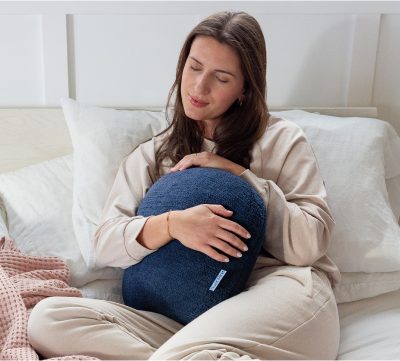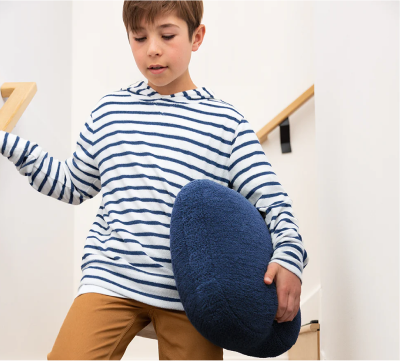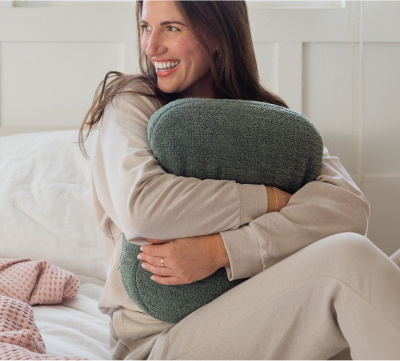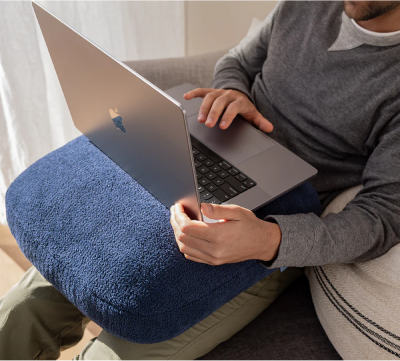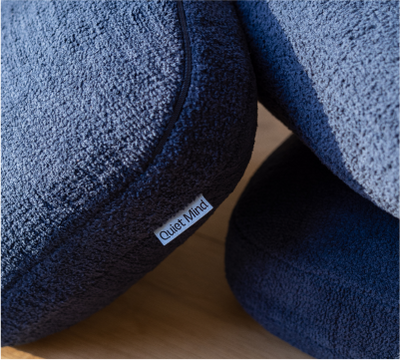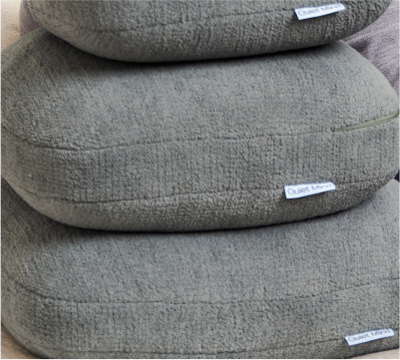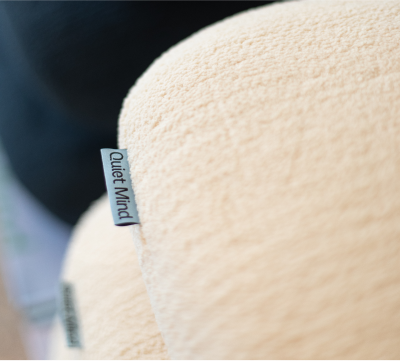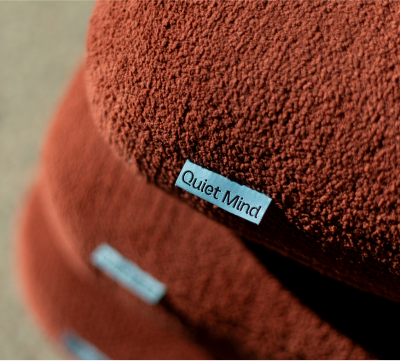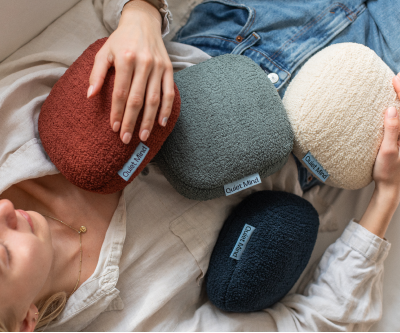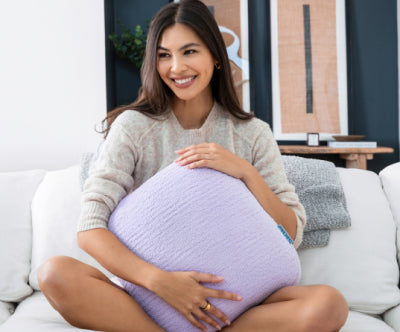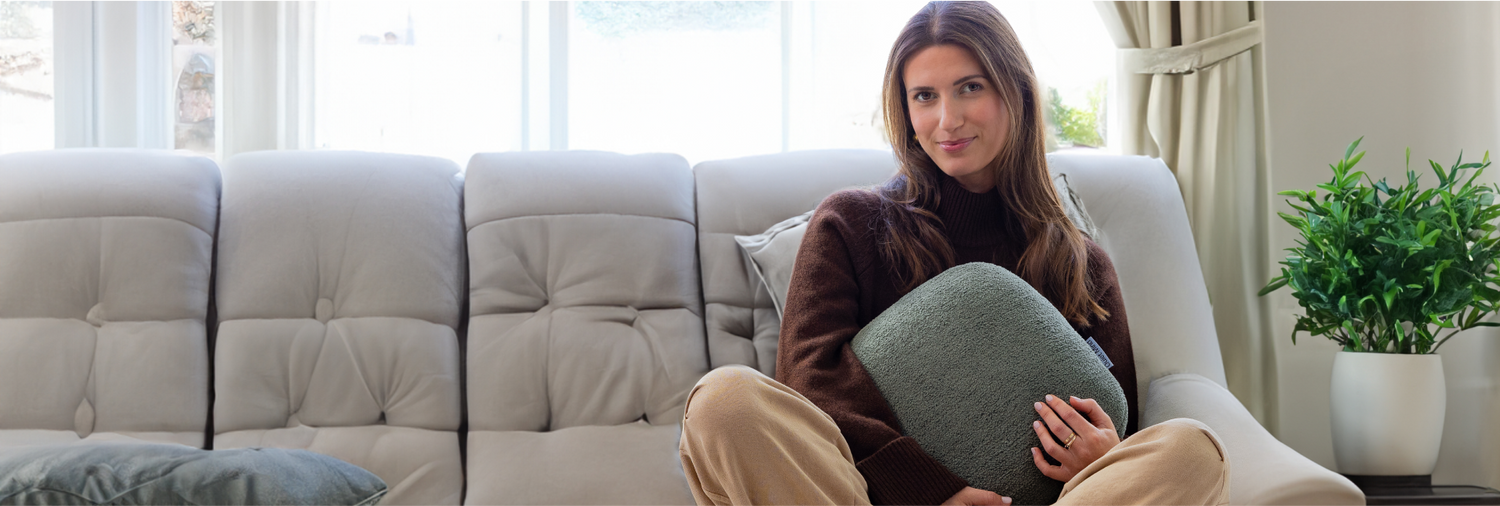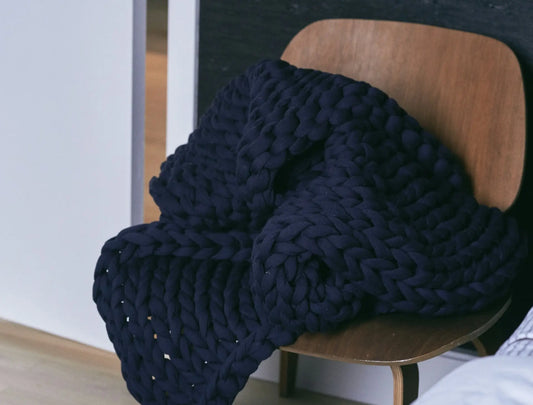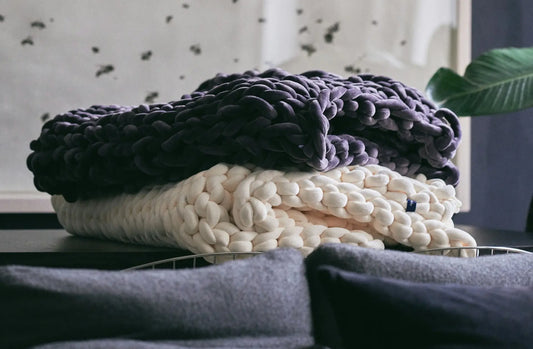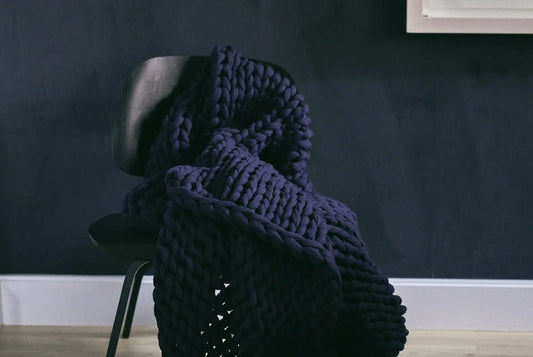Ever find yourself scrolling through your phone in bed, only to toss and turn afterward? You’re not alone — but that habit might be quietly messing with your sleep.
The blue light from screens can interfere with melatonin, the hormone that helps you wind down.
If better rest is the goal, knowing when to stop using your phone before bed can make a real difference.
Why Using Your Phone Before Bed Can Disrupt Sleep
Late-night phone use is one of the most common sleep saboteurs—and the science is clear on why. The blue light emitted by your phone screen suppresses melatonin, the hormone responsible for regulating your sleep-wake cycle. Even a few minutes of scrolling can trick your brain into thinking it’s still daytime, making it much harder to fall asleep.
But it’s not just about the light. The endless stream of notifications, social media updates, and videos keeps your mind stimulated and alert, exactly when you need it to wind down. Instead of relaxing, your brain stays in “go” mode, delaying the natural transition into deep, restorative sleep.
Research has shown that using your phone before bed can reduce the quality and quantity of your REM sleep—the crucial stage for memory and emotional health. The result? You wake up feeling less rested, even if you spent enough hours in bed.
|
Affected Aspect of Sleep |
Effect of Phone Use Before Bed |
Impact on Sleep Quality |
|
Melatonin Production |
Blue light suppresses melatonin production |
Reduced sleepiness, harder to fall asleep |
|
REM Sleep |
Stimulating content can reduce REM sleep |
Poorer sleep quality, less restorative sleep |
|
Sleep Cycle |
Disrupts the natural sleep-wake cycle |
Can lead to insomnia, daytime fatigue |
The Ideal Time to Stop Using Your Phone Before Sleep
For better sleep, it’s important to set a clear boundary for phone use in the evening. Most experts recommend putting your phone away at least one hour before bedtime to give your brain a chance to unwind and your body to naturally prepare for sleep. Some sleep specialists suggest a two-hour buffer for even greater benefits, especially if you struggle to fall asleep or stay asleep.
Ultimately, the ideal cutoff time depends on your personal habits and how sensitive you are to screen use at night. As a rule of thumb, minimizing screen exposure in the hour—or ideally two hours—before bed can dramatically improve sleep quality by reducing both blue light and mental stimulation.
|
Recommended Timeframe |
Benefits |
|
30 minutes before bed |
Reduces immediate exposure to light and stimulating content. |
|
1 hour before bedtime |
Allows the brain to start winding down, improving sleep quality. |
|
2 hours before bedtime |
Gives the body ample time to relax, potentially leading to deeper and more restful sleep. |
How Blue Light Affects Melatonin and Sleep Quality
As we have mentioned, using your phone or other devices before bed exposes you to blue light. This high-energy light can change your sleep patterns.
What Is Blue Light and Why Does It Matter?
Blue light, with a wavelength between 446–477 nanometers, sits near the top of the visible light spectrum. It’s commonly emitted by smartphones, tablets, computers, and TVs.
While exposure to natural blue light during the day can help regulate your internal clock, exposure at night tells your brain it’s still daytime — suppressing melatonin, the hormone that signals your body to sleep.
Why it matters:
- Blue light exposure in the evening sends signals to your brain that it’s still daytime.
- This can suppress melatonin, the hormone that helps regulate your sleep-wake cycle.
- Reduced melatonin can make it harder to fall asleep and stay asleep.
What the research shows:
- Studies have found that screen use in the evening delays melatonin release and reduces sleep quality.
- One study linked electronic device use before bed to shorter sleep duration and delayed bedtimes.
- Consider blue light filtering glasses or enabling night mode on your devices.
Expert Recommendations on Phone Use Before Bed
Several respected organizations have issued evidence-based recommendations to help reduce the negative impact of phones and screens before bedtime:
-
Avoid screens for at least 30 minutes to 1 hour before bed.
The American Academy of Sleep Medicine suggests minimizing screen time during the hour leading up to sleep to support natural melatonin production and sleep readiness. -
Use built-in night mode features or blue light filters on your devices.
Tools like Night Shift (Apple) or Night Mode (Android) shift screen lighting to warmer tones, which may reduce melatonin disruption from blue light. -
Limit mentally stimulating activities before bed.
Browsing social media, watching videos, or playing games can heighten cognitive arousal. Sleep experts recommend unplugging from stimulating apps and content in favor of more restful transitions. - Replacing screen use with relaxing activities — Swapping screen time for calming activities like reading, journaling, or gentle stretching helps signal to your body that it’s time to wind down. These simple rituals are proven to promote relaxation and can make it easier to fall asleep naturally.
By following these expert-backed habits, individuals may find it easier to fall asleep, stay asleep, and wake feeling more rested — all without drastic lifestyle changes.
How to Reduce Phone Use Before Bedtime
You can start making changes tonight to improve your sleep. Simple tweaks to your evening routine can help you wake up feeling refreshed.
Set a Digital Curfew or Wind-Down Time
Setting a digital curfew means stopping phone use at a certain time each night. It's a tough habit to start but works well for sleep. Start by aiming to not use your phone 30 minutes before bed. Then, increase this time as you get used to it.
Use Night Mode or Screen Light Filters
Many devices have night mode or screen light filters to help with sleep. Night mode changes the screen's color to warm tones, which are better for your eyes. It also helps keep melatonin levels steady. You can find these settings in your phone's display options.
|
Feature |
Description |
Benefit |
|
Night Mode |
Adjusts screen color temperature to warmer tones |
Reduces screen light emission, potentially improving sleep |
|
Blue Light Filters |
Filters out blue light from the screen |
Minimizes disruption to melatonin production |
|
Do Not Disturb Mode |
Silences notifications during a specified period |
Reduces distractions and interruptions |
Healthy Bedtime Habits to Replace Screen Time
To get better sleep, try new bedtime habits that don't involve screens. Good habits can really help your sleep quality.
Reading, Journaling, or Light Stretching
Doing relaxing things before bed tells your body it's time to sleep. Here are some good habits:
- Reading a book or magazine to unwind
- Journaling to clear your mind and reflect on your day
- Light stretching or yoga to release tension and relax your muscles
These activities cut down on screen time and make a calming bedtime routine.
Using a Traditional Alarm Clock Instead of a Phone
Relying on your phone as an alarm often means it’s the last thing you see at night and the first thing you reach for in the morning—fueling the temptation to scroll and disrupting your wind-down routine.
By switching to a traditional alarm clock, you remove the urge to check notifications, emails, or social media before bed, helping your mind disconnect and making it easier to fall asleep. This simple change can create a healthier nighttime environment and support more restful sleep.
Try Weighted Pillows for Better Relaxation
Along with reducing screen time, calming tools like weighted pillows can help signal to your body that it’s time to relax.
QuietMind offers thoughtfully designed, non-restrictive weighted pillows that provide gentle, even pressure, promoting a sense of calm without the bulk or heat of a traditional weighted blanket.
These pillows are especially helpful for those navigating anxiety, ADHD, or sensory overload, offering a grounding experience that supports a smoother transition to sleep.
Final Thoughts: Finding Balance with Nighttime Phone Use
Striking the right balance with your phone use at night is essential for better sleep and overall well-being. Understanding the impact of screens on your sleep is the first step; the next is taking practical action.
Consider setting a digital curfew, enabling night mode, or intentionally swapping late-night scrolling for relaxing activities like reading or journaling. Small changes in your nightly routine can help you reclaim restful sleep and wake up feeling truly restored.
Here are some key strategies to help you find that balance:
- Establish a consistent bedtime routine that doesn't involve screens.
- Use features like Night Shift or blue light filtering glasses.
- Replace phone use with relaxing activities before bed.
- Consider using a traditional alarm clock to reduce phone dependency.
By using these strategies, you can improve your sleep and overall health. It's about making smart choices about your phone use before bed and sticking to them.
Remember, the goal is to find a balance that improves your well-being. Being mindful of your phone use at night can lead to better sleep and a healthier life.
About Quiet Mind
At Quiet Mind, we believe in the power of simple, natural solutions to ease the mind and body. Our signature weighted pillows are designed to provide comforting pressure, helping to alleviate stress, anxiety, and restlessness.
Whether you're seeking a moment of calm during a hectic day or a more restful night's sleep, Quiet Mind offers tools to support your journey toward tranquility. Discover the soothing embrace of our weighted pillows and find your path to a quieter mind.
FAQ
Is it bad to use your phone in bed?
Yes, using your phone in bed can hurt your sleep. The blue light from your phone can mess with your body's sleep hormone, melatonin. Also, phone content can keep you awake longer.
What happens if you use your phone right before sleep?
Using your phone before bedtime can mess up your sleep. The blue light can stop your body from making melatonin. Plus, exciting phone content can keep your brain active, making it hard to relax.
Are blue light glasses effective at night?
Blue light glasses can help with sleep. They block blue light, which can help you sleep better. But, they're not a full fix for good sleep habits.
Can using your phone too much at night cause insomnia?
Yes, too much phone use at night can lead to insomnia. The exciting content and blue light can make it hard to sleep. Try to limit phone use and relax before bed.
Can phone use before bed affect REM sleep?
Yes, phone use before bed can mess with REM sleep. The blue light and exciting content can change your sleep cycle. This can affect memory, learning, and thinking skills.
How can I reduce phone use before bedtime?
To cut down on phone use before bed, set a digital curfew or use night mode. Blue light filters can also help. Try a relaxing bedtime routine without screens. These steps can improve your sleep quality.
